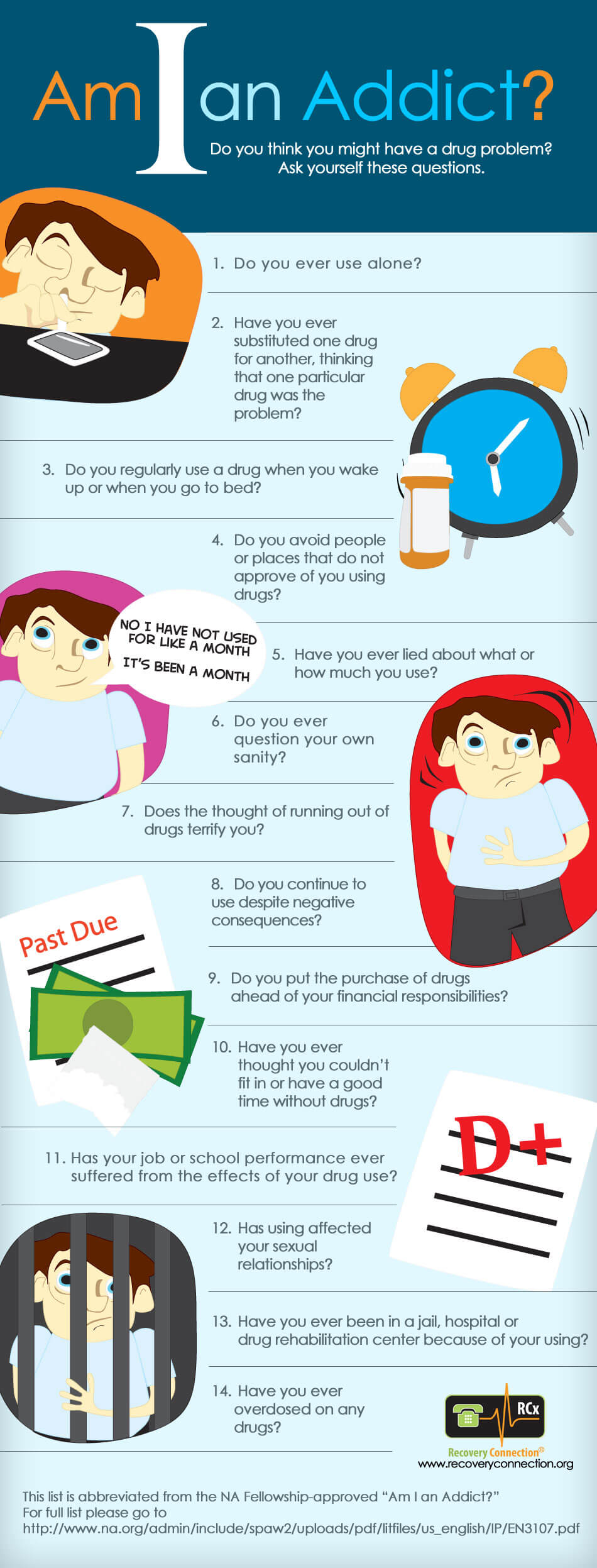Managing Triggers And Desires Blog Post Drug Recovery
Managing Triggers And Desires Blog Post Drug Recovery
Blog Article
Posted By-Baxter Meier
You've completed Drug rehab and taken a considerable step towards a much healthier way of living. And now, facing triggers and cravings post-rehab can be a challenging journey. How do you navigate through these moments without endangering your progression? Comprehending the techniques to deal with triggers and desires is essential in maintaining your sobriety. Let's check out effective methods to take care of these challenges and safeguard your newly found dedication to living a drug-free life.
Recognizing Triggers and Yearnings
To effectively handle your triggers and cravings, start by acknowledging the scenarios or feelings that lead to your need to make use of. Take a minute to review what situations or feelings prompt your food cravings. Is it tension, monotony, social circumstances, or specific locations? By determining these triggers, you can better prepare yourself to manage them.
Triggers can be both inner, such as negative emotions or physical pain, and outside, like being around people who make use of compounds or going to a certain area.
relevant site to patterns in your food cravings-- are they much more constant at specific times of the day or in feedback to specific events?
Structure Healthy Coping Methods
Recognizing your triggers and desires is the very first step in the direction of building healthy coping methods to handle them successfully. As soon as you're aware of what circumstances, emotions, or people cause your cravings, you can start creating a strategy to address them.
One effective strategy is to replace adverse habits with favorable ones. For example, if tension causes yearnings, practicing relaxation methods such as deep breathing or reflection can help. Engaging in exercises such as exercise or going with a stroll can additionally be a fantastic way to manage desires.
continue reading this of structure healthy coping strategies is to produce a helpful environment. Surround yourself with people who understand your trip and can offer encouragement and accountability. It is necessary to develop boundaries with people who might not support your healing.
In addition, developing a routine that consists of healthy and balanced routines like routine workout, appropriate nutrition, and enough sleep can aid you stay on track and lower the possibility of experiencing triggers and food cravings.
Seeking Support and Responsibility
Developing a network of helpful individuals who can provide inspiration and hold you liable is important in handling triggers and desires efficiently. Choose close friends, relative, or a support group that understand your trip and can use guidance when you deal with tough circumstances.
Having a person to speak to during minutes of temptation can make a considerable difference in remaining on track with your recovery. Liability partners can aid you remain focused on your objectives and advise you of the reasons you chose to seek help to begin with.
They can also assist in creating an organized strategy to deal with triggers and desires, such as creating different activities or coping mechanisms to replace the urge to utilize medicines. Regular check-ins with your support system can give reassurance and motivation, aiding you really feel less isolated in your recuperation journey.
Verdict
Remember, acknowledging and managing triggers and food cravings after Drug rehabilitation is an essential component of maintaining soberness.
By determining your triggers, building healthy and balanced coping approaches, and seeking support from loved ones or support groups, you can navigate via tough moments and stay focused on your sobriety goals.
Bear in mind, you aren't alone in this journey, and with the right devices and support, you can get over lures and live a satisfying, drug-free life.
Keep solid and keep moving forward.
